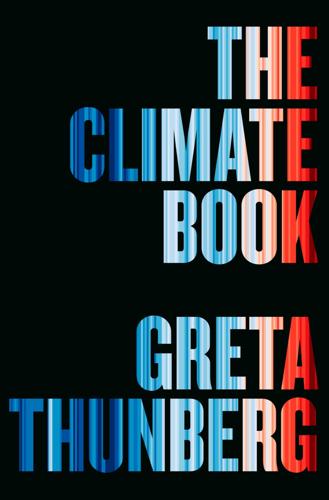
The Climate Book: The Facts and the Solutions
by Greta Thunberg · 14 Feb 2023 · 651pp · 162,060 words
words that have achieved international recognition and made it into the global vocabulary, for example ‘smörgåsbord’ and ‘ombudsman’. Recently these words were joined by flygskam, or ‘flight shame’. It is linked to the international climate movement and the growing number of people who have given up flying, because frequent flying is by far
…
impacts of flying has begun to shape new social norms set against this and to influence demand for flights: in Sweden, where the phenomenon of flygskam (flight shame) took root, domestic air-passenger numbers fell by 9 per cent between 2018 and 2019 as a result. It is out of an interest in
…
, 389, 429, 430, 434; carbon taxes and, 407; as driver of global warming, 55; electrification of, 271, 273; equity and carbon dioxide emissions from, 275; flygskam (flight shame), 329; frequent flying, 207, 270, 325, 333; greenhouse gas emissions from in 1970, 1990 and 2010, 266, 266, 269–70; offsets, 209; private jets, 280
…
, 350, 397 flooding, 50, 62, 65, 68, 75, 76, 79, 80, 88, 109, 122, 124, 159, 163, 170, 187, 191, 193, 194–5, 291, 379 flygskam (flight shame), 325–6, 329 folkbildning (broad, free, voluntary public education), 325–6 food, 3, 9, 10, 52; chain, 85; crops and see crops; diets, changing, 11
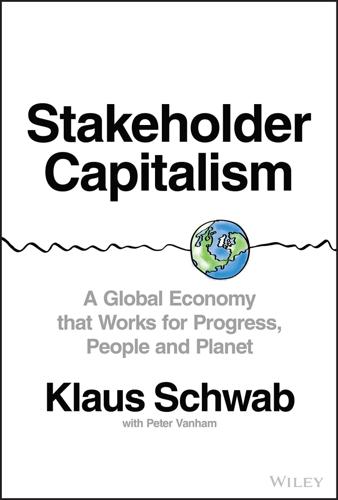
Stakeholder Capitalism: A Global Economy That Works for Progress, People and Planet
by Klaus Schwab and Peter Vanham · 27 Jan 2021 · 460pp · 107,454 words
reported.40 Meanwhile, Deutsche Bahn (DB), Germany's train operator, saw its rider number peak.41 It was believed to be a consequence of the flygskam or “flight shame” that the popular movement against climate change had mainstreamed. In other places, people are increasingly considering again using public transportation, bicycles, or simply walking
…
. 40 “German Air Travel Slump Points to Spread of Flight Shame,” William Wilkes and Richard Weiss, Bloomberg, December 2019, https://www.bloomberg.com/news/articles/2019-12-19/german-air-travel-slump-points-to-spread-of-flight-shame?sref=61mHmpU4. 41 “How Greta Thunberg and ‘Flygskam’ Are Shaking the Global Airline Industry,” Nicole Lyn Pesce
…
War I 5G, 161 500 Startups (San Francisco), 93 Fiverr, 237 Five Star Movement (Italy), 83, 87–88 Flipkart (India), 69 Floyd, George, 245, 246 Flygskam (“flight shame”), 163 Fogel, Robert, 44 Food and Agricultural Organization (FAO) [UN], 50 Ford Motor Company, 33 Foreign Affairs, 172 Foreign direct investments (FDI), 57 Foroohar, Rana
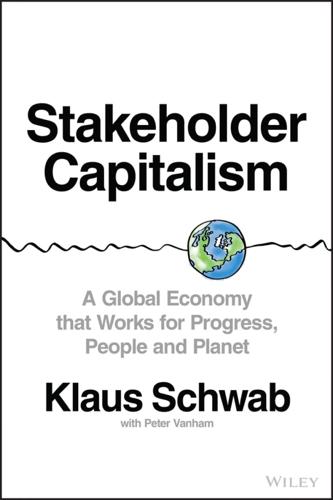
Stakeholder Capitalism: A Global Economy That Works for Progress, People and Planet
by Klaus Schwab · 7 Jan 2021 · 460pp · 107,454 words
reported.40 Meanwhile, Deutsche Bahn (DB), Germany's train operator, saw its rider number peak.41 It was believed to be a consequence of the flygskam or “flight shame” that the popular movement against climate change had mainstreamed. In other places, people are increasingly considering again using public transportation, bicycles, or simply walking
…
. 40 “German Air Travel Slump Points to Spread of Flight Shame,” William Wilkes and Richard Weiss, Bloomberg, December 2019, https://www.bloomberg.com/news/articles/2019-12-19/german-air-travel-slump-points-to-spread-of-flight-shame?sref=61mHmpU4. 41 “How Greta Thunberg and ‘Flygskam’ Are Shaking the Global Airline Industry,” Nicole Lyn Pesce
…
War I 5G, 161 500 Startups (San Francisco), 93 Fiverr, 237 Five Star Movement (Italy), 83, 87–88 Flipkart (India), 69 Floyd, George, 245, 246 Flygskam (“flight shame”), 163 Fogel, Robert, 44 Food and Agricultural Organization (FAO) [UN], 50 Ford Motor Company, 33 Foreign Affairs, 172 Foreign direct investments (FDI), 57 Foroohar, Rana
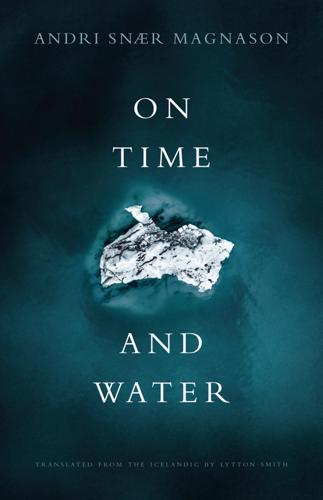
On Time and Water
by Andri Snaer Magnason · 15 Sep 2021 · 272pp · 77,108 words
release yet more methane and nitrous oxide. If such a process is initiated, all our discussions about reducing our carbon footprint through diet and via flygskam, “flight shame,” will seem completely ridiculous. Such a chain reaction could throw the Earth into a period of complete atmospheric and climatic chaos. The only remaining plan
…
acidity see ocean acidification; pH scale Activ of London, (schooner) agricultural inefficiency Air Ground Rescue Team (FBSR) aircraft / air travel emissions in a wider context “flight shame” (flygskam) Grandma Hulda’s enthusiasms Keflavik dance performance as symbolic of progress wreck on Vatnajökull glacier Alaska alphabets, evolution Althing see parliaments aluminium industry anacondas animal
…
; hurricanes F Facebook Fermi, Enrico financial crisis (2008) fire metaphor for fuel use fish exports, wartime fish species movements recognition of Fjölnir (journal) fjords, formation “flight shame” (flygskam) flood protection flooding droughts and, from glacier melt droughts and, from global warming from glacial lagoons from sea level rise flotsam folklore, sound recordings food
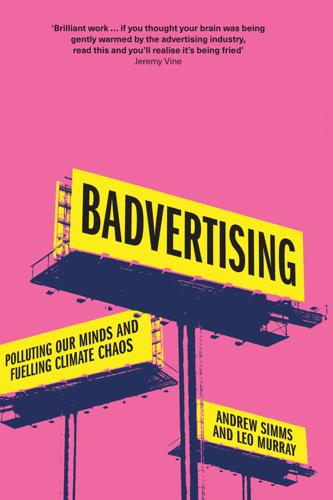
Badvertising
by Andrew Simms · 314pp · 81,529 words
public disquiet about the environmental damage caused by air travel has not gone unnoticed by the aviation industry. The coining of a new word – Flygskam, meaning ‘flight shame’ – in Sweden in 2019, against a backdrop of mass global climate protests led by Greta Thunberg, sent a ripple of panic through airline boardrooms, as
…
(2019) Domestic air travel has dipped as climate-conscious Swedes opt for train. But will ‘flight shame’ become the norm – and what might it mean for business travel. BBC, 22 July. www.bbc.com/worklife/article/20190718-flygskam 29. The Clean Development Mechanism. United Nations Climate Change. https://unfccc.int/process-and-meetings
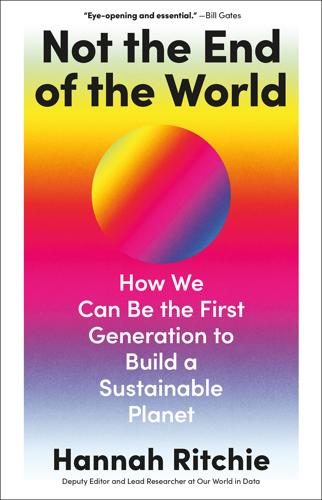
Not the End of the World
by Hannah Ritchie · 9 Jan 2024 · 335pp · 101,992 words
ramp up the amount of low-carbon electricity we’re producing. You might wonder why I’m not talking about cutting out flying completely. ‘Flygskam’ or ‘flight shame’ was born as an environmental movement in Sweden in 2018. But people have been talking about flying less for as long as I can remember

Imaginable: How to See the Future Coming and Feel Ready for Anything―Even Things That Seem Impossible Today
by Jane McGonigal · 22 Mar 2022 · 420pp · 135,569 words
into a global post-pandemic economic depression?) or maybe as part of global climate action. In 2019, we saw a significant trend in Sweden called flygskam, or “flight shaming,” where people get shamed out of taking unnecessary air travel because of the heavy carbon and climate impact. Maybe in the next decade, this
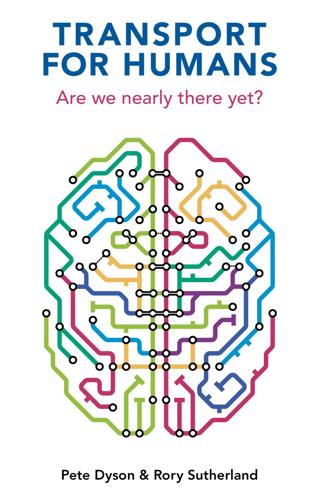
Transport for Humans: Are We Nearly There Yet?
by Pete Dyson and Rory Sutherland · 15 Jan 2021 · 342pp · 72,927 words
inequalities in flying. Report, March, Inspiring Climate Action (https://policycommons.net/artifacts/1439908/elitestatusglobalinequalitiesinflying/2067509/). 10 S. Gössling, A. Humpe and T. Bausch. 2020. Does ‘flight shame’ affect social norms? Changing perspectives on the desirability of air travel in Germany. Journal of Cleaner Production 266, 122015. 11 R. Carmichael. 2019. Behaviour change
…
for all other nationalities. Some cheeky Romans masqueraded as Portuguese to get free entry – and the name stuck.6 Flygskam is a word from Sweden, home of Greta Thunberg, that literally means ‘flight shame’. Passenger numbers at Sweden’s ten busiest airports decreased by 5% in the summer of 2019 compared with the
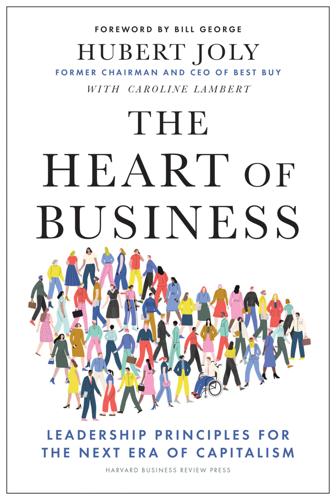
The Heart of Business: Leadership Principles for the Next Era of Capitalism
by Hubert Joly · 14 Jun 2021 · 265pp · 75,202 words
—and consumption. Before Covid-19 devastated air travel, one in five people said they were flying less out of concern over the environment.7 A “flight shame” movement was spreading beyond Sweden’s borders. These trends cannot be ignored. Employees are also pushing for social and environmental change from their employers. For
…
School of Business, January 15, 2013, https://www.gsb.stanford.edu/insights/are-ipos-good-innovation. 6. Edelman, “Edelman Trust Barometer 2020.” 7. BBC News, “Flight Shame Could Halve Growth in Air Traffic,” October 2, 2019, https://www.bbc.com/news/business-49890057. 8. Larry Fink, “A Fundamental Reshaping of Finance,” 2020
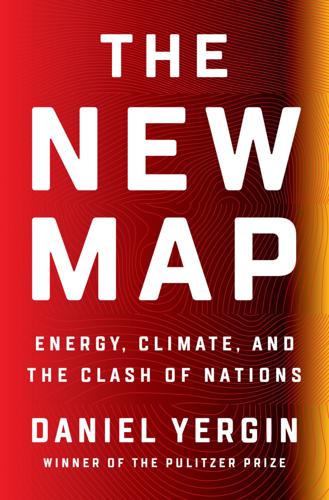
The New Map: Energy, Climate, and the Clash of Nations
by Daniel Yergin · 14 Sep 2020
“strength of feeling” among young people. Some people have become vegans so as to give up meat and dairy products from methane-producing cows. Invoking “flight shaming” that has emerged in Scandinavia, a headline in the New York Times asked, “How Guilty Should You Feel About Flying?” The answer seemed to be
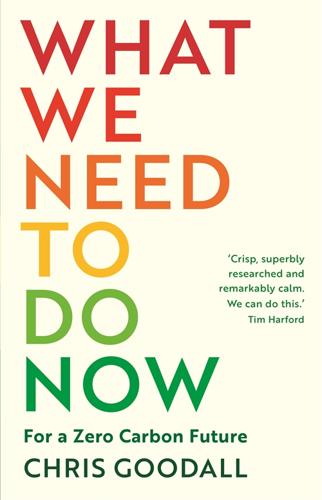
What We Need to Do Now: A Green Deal to Ensure a Habitable Earth
by Chris Goodall · 30 Jan 2020 · 154pp · 48,340 words

The New Tourist: Waking Up to the Power and Perils of Travel
by Paige McClanahan · 17 Jun 2024 · 206pp · 78,882 words